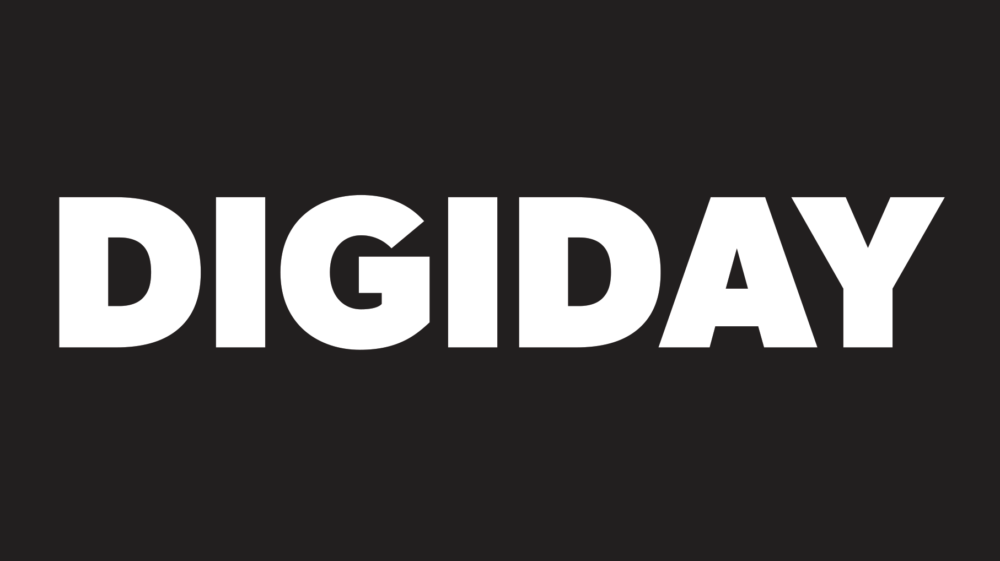
While we were all busy figuring out the new minimum wage increases, New Jersey’s legislature amended the Family Leave Act (“NJFLA”) and the Family Leave Insurance law (“NJFLI”) because it seems that expanding one employee benefit law at a time is too boring for our lawmakers. The cumulative impact of these changes will be to provide broader job protected leave for employees of even smaller businesses, and twice as many weeks for which employees can be paid and at a higher rate. Some of the changes became effective immediately when Murph signed the law on February 19, other aspects will kick in June 30, 2019 and July 1, 2020.
Most of the immediate changes are to NJFLA. That law, which went into effect in 1989, provides 12 weeks of unpaid, job protected leave for employees who have been employed for 12 months (with 1,000+ hours worked) to care for a seriously ill family member or a newborn. Under many circumstances that time runs concurrently with the 12 weeks of leave under the federal Family and Medical Leave Act (“FMLA”), but in the perfect storm, can lead to 24 weeks of job protection (but that’s for another day). Confused yet? We’re just getting started.
The immediate changes to NJFLA include an expanded definition of family member which already includes the in-laws, who even Congress had the decency to leave out of FMLA. Now added to the definition are sibling, grandparent, grandchild and our favorite, the all-encompassing, any other individual that the employee shows to have a close association with the employee which is equivalent of a family relationship. So the next time one of your bowling teammates says, I love you man, feel free to ask him to take 12 weeks off to help you after your hernia surgery (those bowling balls are heavy). NJFLA also now allows employees to take intermittent or reduced leave to care for a newborn (previously only available with the employer’s consent). Twelve weeks intermittently can stretch out over a very long period of time and could include, for example, taking off every Friday if the employee wishes. The last immediate change to NJFLA, we call the Peter Pan Provision, allows an employee to take off to care for their child of any age (previously child meant under 18). That part was obviously written by a Millennial.
The most dramatic change to NJFLA though will take effect on June 30, 2019, when employers with 30 or more employees (down from 50) will need to comply with the law. Congress and the state used 50 employees as the threshold because of the practical and economic burden on smaller employers of working without an employee for 12 weeks while holding open their job. That reasoning seems to be out the window now. Interestingly though, NJFLA cannot require an employer to maintain health insurance for an employee on leave like FMLA does (due to a mind numbing legal doctrine called pre-emption). So, unless they elect COBRA, an employee using NJFLA when FMLA does not run concurrently, has no assurance of remaining on health insurance.
A year after that change, on July 1, 2020, NJFLI will double from 6 to 12 weeks of compensation available from the state for employees taking leave under NJFLA or FMLA. Keep in mind that NJFLI is money only—it is not job protected leave. In fact, the law even says that if an employee who is collecting under NJFLI is fired and does not have job protected leave under other laws, the employee has no right to sue under NJFLI. The amount of compensation payable is also increasing from 70% of the statewide average weekly wage to 85% or currently from $650 to $860 a week. And employers will no longer be able to require employees to use up to 2 weeks of paid time off as part of the NJFLI payment period—meaning that employees can be paid for 12 weeks of leave and keep all of their PTO so they can go on vacation when they return from leave. How nice!
If you are asking why, why, why, you may know our answer by now: Millennials. By 2025, they will comprise 75% of the workforce and they demand time off, especially for family. Their Mothership of employers, Google, Microsoft and Facebook, are in a race to offer more work-life balance benefits. But on parental leave, Netflix beats them all, offering a full year of paid time off. As for those of us down here on earth, employers who want to hire and keep the best and brightest might need to adapt. By these expansions of NJ employee benefit law, like so much that has been happening in NY (and especially NYC), the PTO arms race is no longer a choice—these changes to the law really do force the issue.
Stay tuned for more happy news next week.









